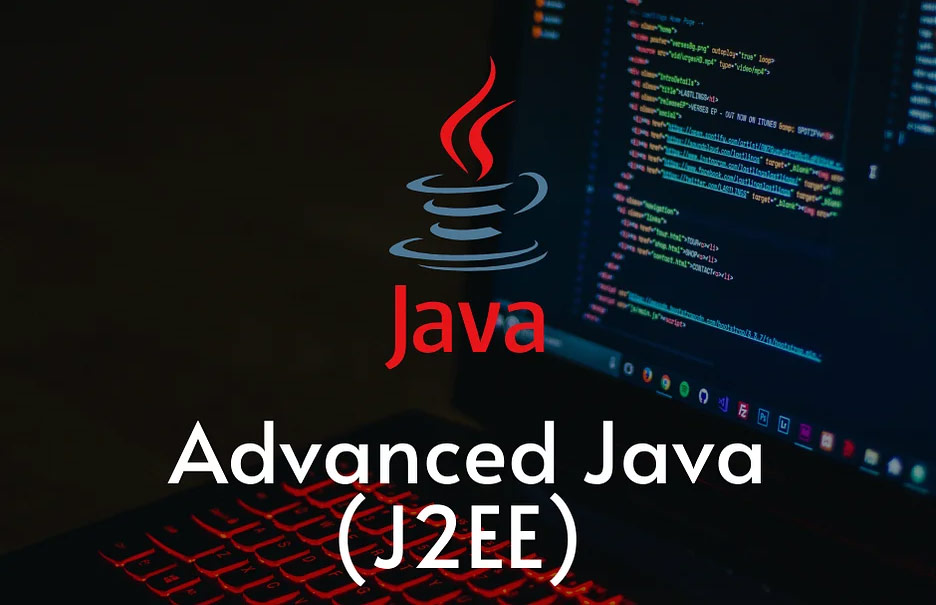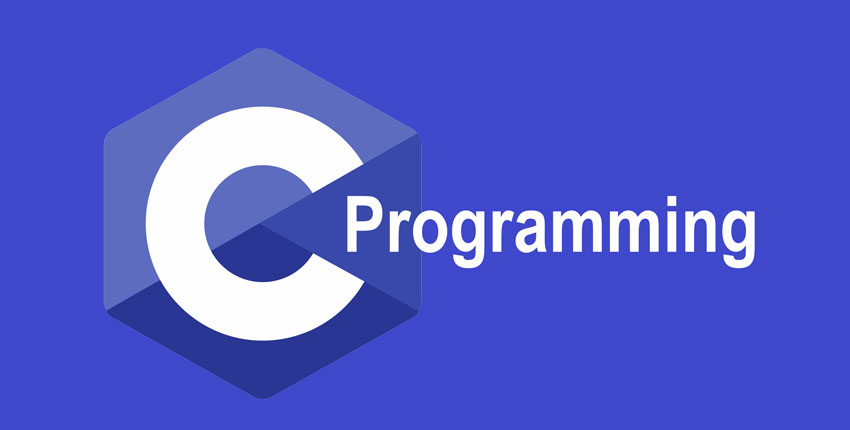Course Overview
Course Overview:
Join the Advanced Java - J2EE course at Aptech Computer Training, available at our Dubai & Sharjah branches. This practical training course equips learners with advanced Java programming techniques and hands-on experience in J2EE components including Servlets, JSP, JDBC, Hibernate, JavaBeans, and JavaServer Faces (JSF).
Ideal for aspiring developers and professionals aiming to deepen their backend development skills, this course prepares you to build secure, scalable, and dynamic web applications.
Upon successful completion, participants will receive a KHDA-certified certificate, enhancing their career opportunities in enterprise Java development.








Write a public review